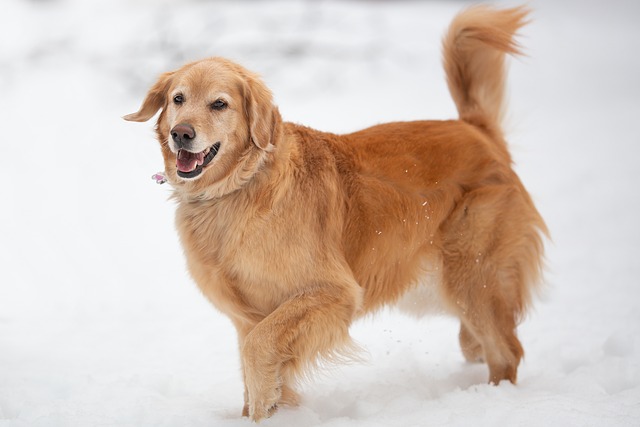
Are Golden Retrievers hard to potty train?
Lots of new Golden Retriever owners wonder if potty training their pup is going to be a huge hassle. The short answer? It depends on consistency more than the breed itself.
Raising a 6-week-old puppy means keeping a close eye on their tiny bladders—they can’t hold it for long, and figuring out the right potty schedule saves you from messy surprises. At this age, their bodies are still developing, so regular trips outside (or to their designated indoor spot) are non-negotiable. Most vets agree these little ones need to relieve themselves every 1 to 2 hours during the day, especially after key moments that trigger the urge.
Mealtimes are a big clue—plan a potty break 15 to 20 minutes after they finish eating. Their digestive systems work fast, so waiting too long increases the chance of accidents. Naps matter too; puppies often need to go right when they wake up, whether it’s a short 30-minute snooze or a longer nap. Playtime is another trigger—all that wiggling and zooming gets their bodies moving, so head out as soon as the fun stops.
Watching for subtle cues helps you stay ahead of accidents, too. If your puppy starts sniffing the floor in circles, pacing, or whining softly, don’t wait—those are clear signs they need to go. At 6 weeks, they can’t tell you with words, so learning their body language is key to building trust and good habits early on. It might feel like you’re constantly heading outside, but this consistency pays off as they get older.
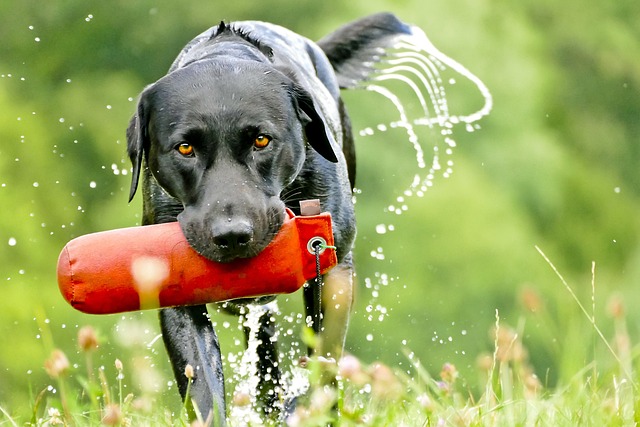 Keep in mind local rules when taking your puppy out, too. Many areas require cleaning up after your pet right away—always carry poop bags to avoid fines or upset neighbors. Also, since 6-week-old puppies might not have had all their vaccinations yet, stick to safe, low-traffic areas. Avoid places where other dogs frequent to lower the risk of picking up germs that could make them sick.
Keep in mind local rules when taking your puppy out, too. Many areas require cleaning up after your pet right away—always carry poop bags to avoid fines or upset neighbors. Also, since 6-week-old puppies might not have had all their vaccinations yet, stick to safe, low-traffic areas. Avoid places where other dogs frequent to lower the risk of picking up germs that could make them sick.
Nighttime is a little different—most 6-week-old puppies can hold it for 3 to 4 hours while they sleep, but don’t push it. If you hear them stirring or crying in their crate, it’s better to take them out quickly instead of letting them have an accident. Over time, you can gradually extend the gap as their bladder grows stronger, but patience is key in these early weeks.
Potty training a young puppy takes time, but staying consistent with their schedule and responding to their cues makes all the difference. You’ll start to see patterns soon—when they eat, sleep, and play—and that rhythm will make both of your lives easier. Remember, every accident is just a chance to learn, not a failure, and your puppy is counting on you to guide them gently through this stage.

Lots of new Golden Retriever owners wonder if potty training their pup is going to be a huge hassle. The short answer? It depends on consistency more than the breed itself.
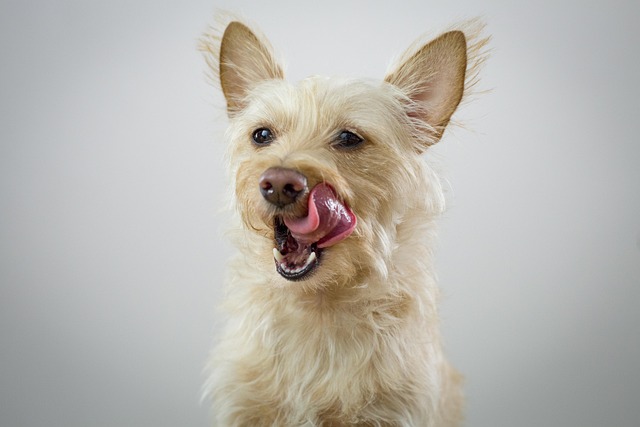
Watching your dog pant, pace, or whine during a thunderstorm or when you're preparing to leave is heartbreaking. Your first instinct might be to reach for something
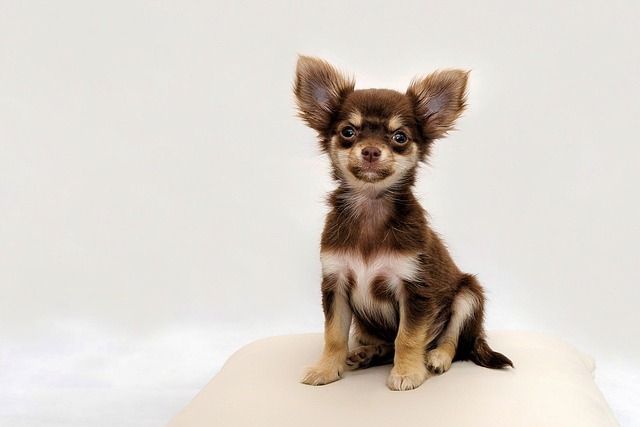
Watching your dog pace during a thunderstorm or hide from visitors can leave you feeling helpless. You want them to feel safe and secure
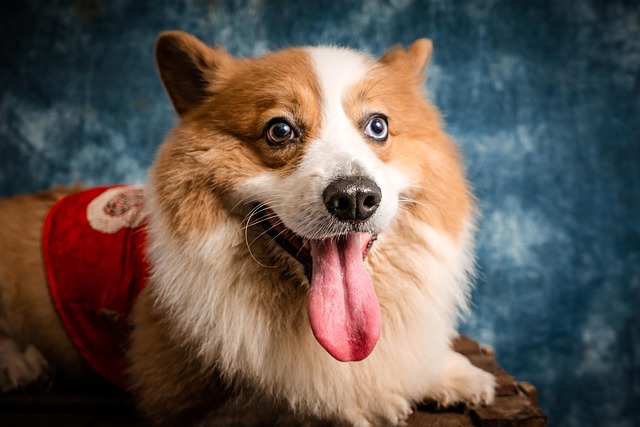
Finding a surprise pile on the living room rug never feels good, but scolding your dog afterward won’t fix the problem—they won’t connect the punishment to the old mess.
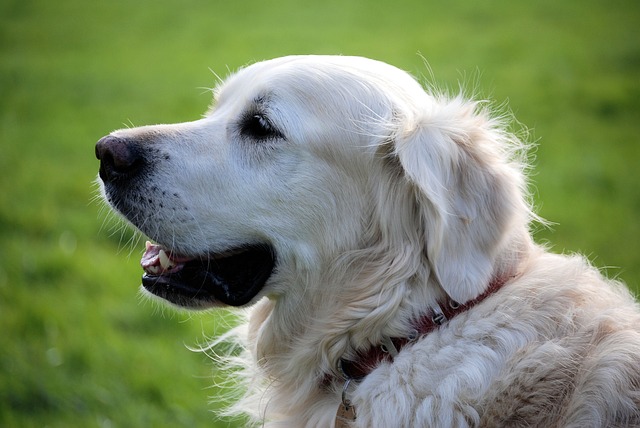
Bringing a new dog home is a whirlwind of excitement—and a million questions. Among the biggest is, "When will they truly feel like mine?"
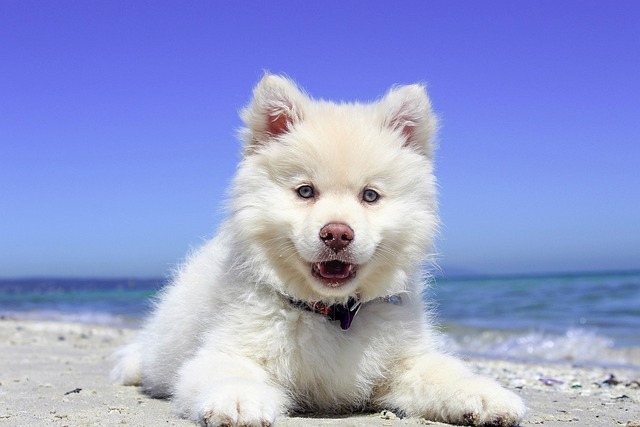
There’s a special kind of peace in watching your dog sleep. But beyond being a cute photo opportunity, their sleeping habits can be a powerful window into their emotional state.